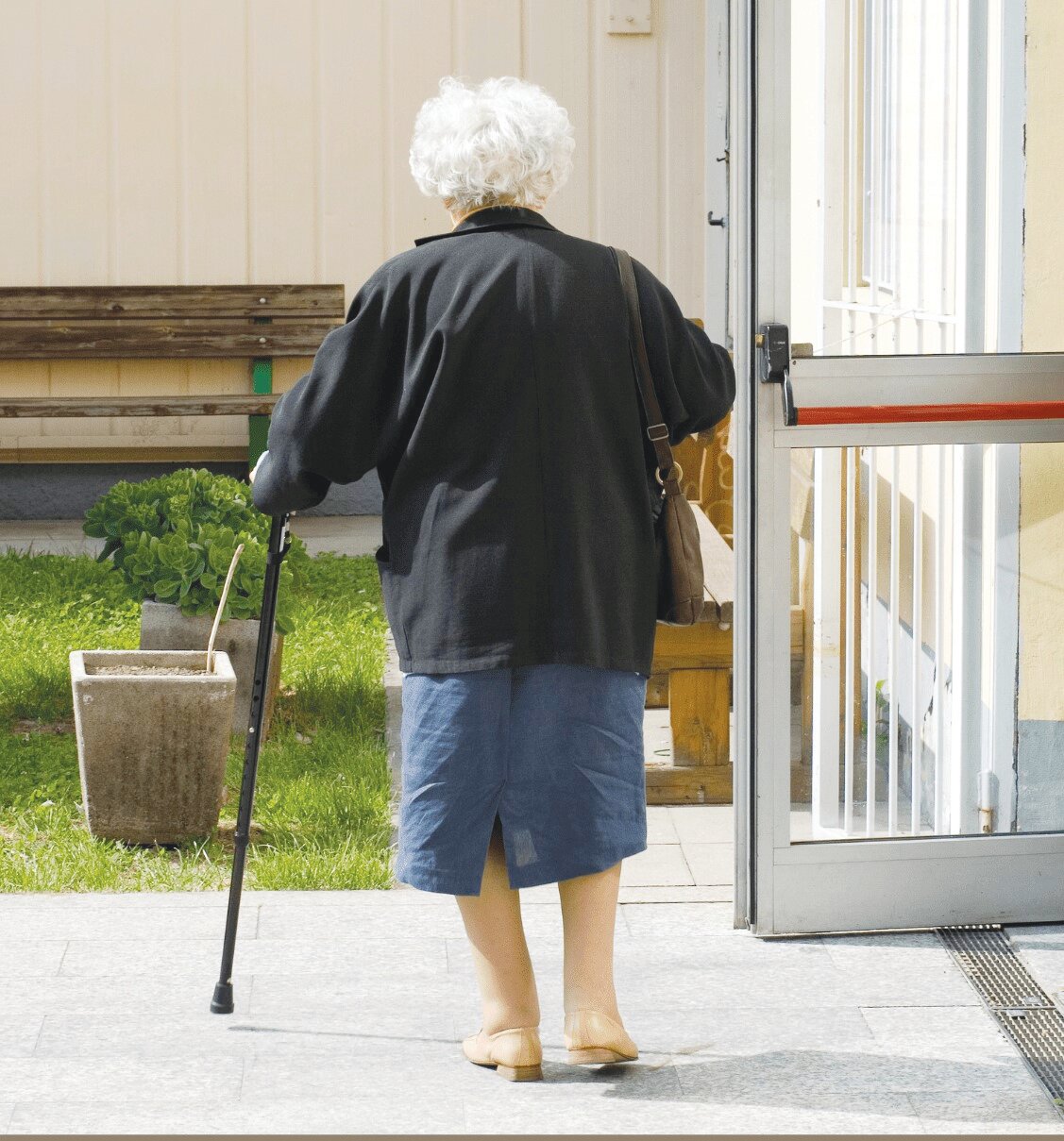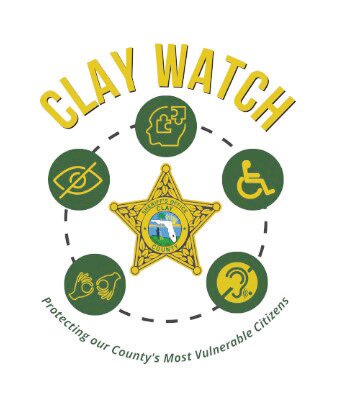CCSO creates databank to speed recovery of missing, lost residents with cognitive issues
CLAY COUNTY – It’s the call most deputies and officers hate most: someone’s missing.
Whether it be someone with a diminished mental capacity or a child, they know every second matters. The …
This item is available in full to subscribers.
Attention subscribers
To continue reading, you will need to either log in to your subscriber account, or purchase a new subscription.
If you are a current print subscriber, you can set up a free website account and connect your subscription to it by clicking here.
If you are a digital subscriber with an active, online-only subscription then you already have an account here. Just reset your password if you've not yet logged in to your account on this new site.
Otherwise, click here to view your options for subscribing.
Please log in to continueDon't have an ID?Print subscribersIf you're a print subscriber, but do not yet have an online account, click here to create one. Non-subscribersClick here to see your options for subscribing. Single day passYou also have the option of purchasing 24 hours of access, for $1.00. Click here to purchase a single day pass. |
CCSO creates databank to speed recovery of missing, lost residents with cognitive issues
CLAY COUNTY – It’s the call most deputies and officers hate most: someone’s missing.
Whether it be someone with a diminished mental capacity or a child, they know every second matters. The longer they’re missing, the more likely a tragic outcome.
Just last month, the Clay County Sheriff’s Office was alerted an older woman had wandered away from a senior living center in the middle of the day. They feared the worst with temperatures and a heat index surpassing 100 degrees.
Deputies scoured Fleming Island. They used their K-9 unit and found the woman lying in a yard on Westover Road. She was overcome by heat and was transported to the hospital. She eventually recovered and returned home.
A new program at the sheriff’s office will reduce the time it takes to find or identify people who wander.
Clay Watch is a databank to identify located and missing people in seconds, not hours. The program collects information like name, photo, age and unique habits, allowing deputies to identify anyone who appears lost and incapable of communicating. The same information can be sent to deputies when someone is reported missing.
“It was fortunate we found her when we did,” said Clay County Sheriff’s Office Lt. Michael Layne. “We had a great team out there looking. K-9 was involved. We did find her. She needed some medical treatment because it was super hot that day. It was like 100 degrees outside. She was an actual missing person. We were able to obtain a photo, which is good. Sometimes people reported missing don’t have a photo.”
Layne was tasked with creating the program a year ago. He studied Project Lifesaver in Pensacola and made upgrades to fit the county’s needs.
“This is for individuals with special needs due to mental and neurological disabilities and who reside within Clay County,” Layne said. “So they proactively provide information, which helps us if they need special assistance in an emergency, and it is completely voluntary.”
According to the Alzheimer’s Association, 60% of individuals with dementia or Alzheimer’s will wander off. In Florida, that means about 349,000 will stray away unnoticed from home. Nearly 72% are found by the next day, but the survival rate drops to 30% if they aren’t found within five days. One in 14 don’t make it home alive.
The organization also reported 13.6% of Floridans 45 and older have subjective cognitive decline.
“When we get the information, it’s entered into the system,” Layne said. “It’s forwarded to dispatch, and they put a premise note in for the address so that a responding deputy may know that there’s somebody there with a disability. Maybe they don’t hear him banging on the door. Maybe we need to try something else. Maybe we need to call an emergency contact to check on him.
“A lot of these folks will be elderly, and we may get some calls to go do welfare checks. If we can’t contact them, if they are in our system, we will already have emergency contact to call them and say, ‘Hey, have you heard from your mom, your dad, your brother?’. Whoever it happens to be. So it could be hugely beneficial to us.”
Layne said the agency will have notes on communicating with disoriented people. Some, particularly those with autism, don’t like to be touched. Some prefer to write their thoughts instead of talking. Others may speak another language.
Executive directors at two assisted living, nursing and memory care facilities said Clay Watch can be an effective tool – especially for those still living at home.
“I think it’s a great idea for people that live at home for a person that might suffer from a disability or cognitive impairment,” said one director in Orange Park.
Since both facilities are corporately owned, neither could identify their residents or communities.
“I think it would help give those families maybe some peace of mind,” an executive from another Orange Park facility said. “I can see how that would be extremely useful for families who still have a loved one in their home who is potentially prone to wandering or getting lost or is not able to function out in the world on their own.”
Families can register at the Safety Initiatives tab at claysheriff.com. CCSO won’t share information from its database, Layne said.
“The first priority is if we found somebody wandering to be able to ID them because there are there are hundreds of man hours that go into trying to identify folks,” Layne said.
“When we’re out trying to save a life, or find a child, or find somebody who’s missing a father, mother, brother, sister, that’s elderly that’s missing, it’s all about getting the right information in the hands as fast as we can for these deputies. Every set of eyes out here is a force multiplier for us – deputies, firefighters, the general public. We want to get as much information as possible out to everybody as fast as possible.”
The program also could help prevent injuries and death to children affected by autism. Searches can pinpoint likely recovery areas by knowing a person’s habits in advance.
“The scariest thing for me, and especially as a supervisor out here, is we only have a certain finite number of deputies, and autistic children tend to be attracted to shiny items, including bodies of water,” Layne said. “It seems like every neighborhood now seems like it has a retention pond. So, as soon as we get one of these calls, our priority response is to the house. The first couple of units are searching the house to make sure that a kid isn’t hiding. Kids love to play hide and seek. More often than not, we still find them in the house.
“But those first couple of units are checked in the house. Everybody else is headed to the nearest body of water, the closest playground-like the places we know they’re going to go.”
In 2018, a 7-year-old boy with autism drowned in a pond behind his apartment complex on Knight Boxx Road in Orange Park.
“Those are horrible calls for us,” Layne said.
Layne said Clay Watch could help create better outcomes when minutes matter most.













